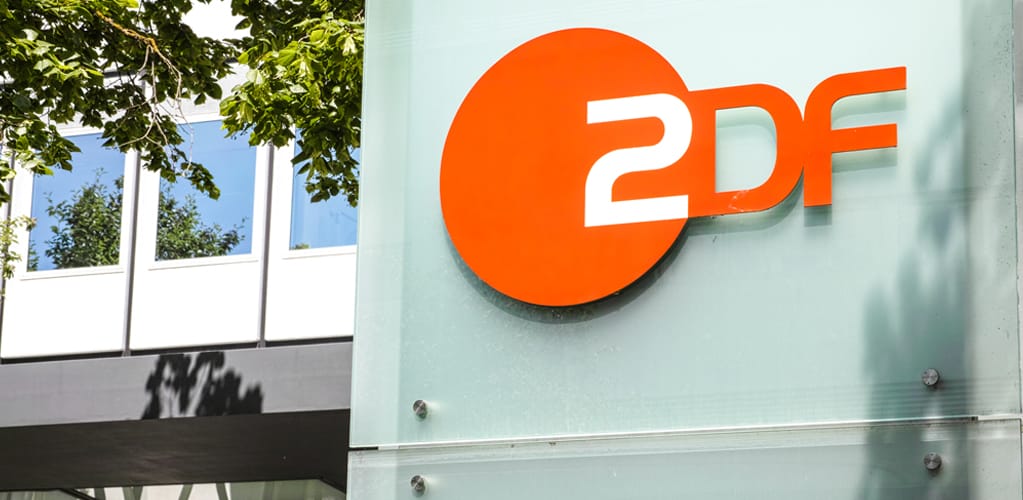
Moscow accused of orchestrating chaos in Germany ahead of terror attacks
Germany probes suspected Russian links to violent attacks and sabotage ahead of key 2024–25 elections, raising alarm over digital clues, Kremlin interference, and threats to democratic stability.
As Germany was preparing for critical elections to the European Parliament in 2024 and the Bundestag in 2025, a disturbing pattern began to take shape. A spate of violent attacks, including stabbings and vehicle-related incidents, unsettled cities such as Mannheim, Aschaffenburg and Munich.
A report by German broadcaster ZDF TV now suggests that these events may not have been as spontaneous as once assumed.
One of the most shocking incidents occurred in Mannheim in May 2024, when an Afghan national fatally stabbed a police officer and seriously injured right-wing, anti-Islam activist Michael Stürzenberger. It has since emerged that internet search queries originating in Russia appeared four days prior to the attack. Terms including “terror attack in Mannheim” and “Michael Stürzenberger stabbed” were reportedly identified by internet analyst Steven Broschart, who described the findings as “very, very unusual”.
Further investigation uncovered similarly suspicious search activity ahead of other incidents — including infrastructure disruptions such as the July 2024 fire at Leipzig’s DHL air hub, now suspected to be an act of Russian sabotage.
The broader strategic context heightens concern. Moscow has long pursued a policy of destabilising the European Union, deploying cyberattacks on EU institutions and national governments, supporting far-right political movements, and amplifying disinformation to sow discord. These efforts, designed to undermine trust in democratic institutions, correspond closely with suspicions that the Kremlin may be seeking to exploit Germany’s internal divisions during a politically sensitive period.
“Those dealing with it know we are already at war, even if it’s undeclared,” said Stephan Joachim Kramer, President of Thuringia’s Office for the Protection of the Constitution.
German intelligence agencies, however, urged caution. The Federal Intelligence Service (BND) has, however, challenged the reliability of Google Trends data used in the investigation, noting that it is derived from probabilistic modelling rather than definitive figures. Low search volumes can generate “artefacts”, potentially distorting outcomes.
Nevertheless, authorities are pursuing the matter seriously. The Federal Ministry of the Interior and the Higher Regional Court in Stuttgart have requested further analysis. Green Party MP Konstantin von Notz commented: “Digital traces and their analysis can be vital pieces in getting closer to the truth.”
With violent incidents preceding pivotal elections and far-right parties gaining momentum, the implications are grave. If Russian interference is confirmed in Germany, it would pose a threat not only to public safety, but also to the integrity of democracy itself.

GOING FURTHER:
Russische Suchanfragen im Netz vor Anschlägen (Russian online searches before attacks) | ZDF
Verdächtige Suchanfragen? Behörden reagieren (Suspicious searches? Authorities react) | ZDF
Germany wary of claims Russian influence behind attacks | BBC NEWS





[Read our Comments Guidelines]